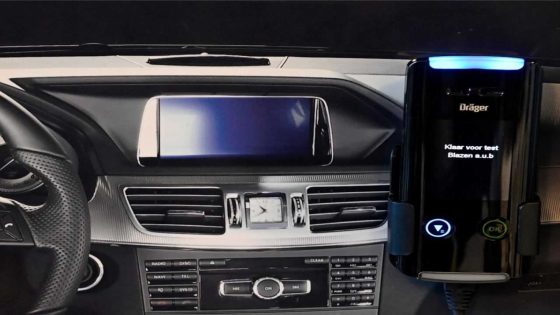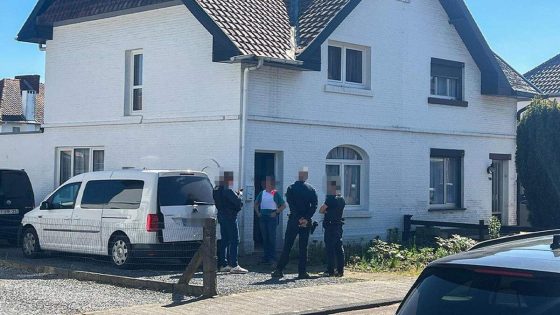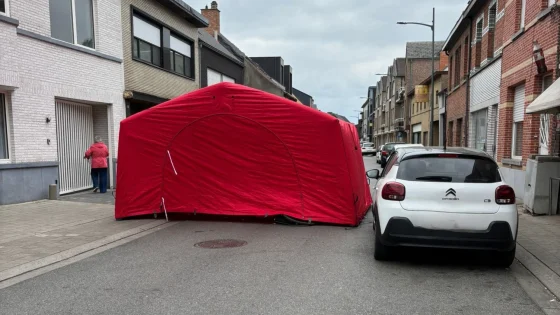Every day in Belgium, an average of 130 drivers are caught driving under the influence, but the true number is likely much higher due to limited police checks. On 2025-05-20 16:47:00, the government began exploring new ways to tackle this persistent problem that endangers all road users.
- Belgium averages 130 daily DUI arrests
- Alcohol-related accidents injure seven people daily
- Investigate preventive alcohol locks like Sweden
- Alcohol locks require negative breath test
- Consider deploying automatic alcogates for checks
- VIAS urges stronger alcohol traffic measures
One promising solution under consideration is the introduction of preventive alcohol locks, similar to those used in Sweden. These devices require drivers to blow into a breathalyser before the vehicle can start, ensuring that impaired drivers cannot take to the roads.
Could these measures finally reduce alcohol-related accidents, which currently injure seven people daily in Belgium? The discussion also includes ‘alcogates,’ automatic checkpoints that test drivers before they leave certain areas, adding another layer of safety.
Why have previous campaigns not fully solved the issue of drunk driving in Belgium? Despite awareness efforts, alcohol remains a leading cause of road fatalities. Introducing technology like alcohol locks could enforce compliance more effectively than fines or warnings alone.
- Alcohol locks prevent vehicle ignition without a negative breath test.
- Alcogates automatically test drivers exiting specific locations, such as ports.
- Sweden’s long-term use of these devices shows promising results.
- VIAS supports urgent implementation to save lives and reduce injuries.
As Belgium considers adopting these proven technologies, the question remains: will policymakers act swiftly enough to curb alcohol-related accidents? Increased enforcement combined with innovative prevention could mark a turning point for road safety in the country.






























